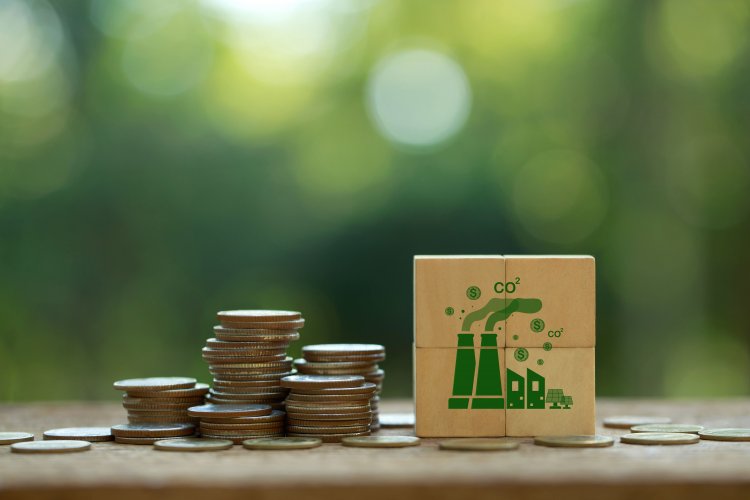The European Commission should include provisions on exports in the Carbon Border Adjustment Mechanism (CBAM) to protect the EU's industrial competitiveness.
This proposal was made by experts in a report by the European Roundtable on Climate Change and Sustainable Transition (ERCST).
What is the problem
While the EU CBAM applies to imports, EU exporters still face a competitive disadvantage – paying carbon costs under the EU Emissions Trading System (ETS) while competing with producers without a comparable carbon price.
What is the possible solution
Experts are considering several scenarios to solve this problem. The most likely approach is as follows
- EU producers pay for carbon allowances in advance and without concessions.
- At the end of the year, they declare their actual exports.
- Based on actual figures, businesses receive partial compensation through certificate-based mechanisms.
ERCST experts explained the lack of advance exemptions by the need to prevent manipulation of the system, as otherwise companies could overstate their export intentions to avoid carbon emission costs and then sell their products on the domestic market.
According to experts, the proposed approach preserves incentives for decarbonization while protecting the EU's industrial competitiveness. As the phasing out of free allowances is expected to be completed by 2034, ERCST considers these provisions to be critical for sectors such as steel, aluminum, cement, and fertilizers, where exports account for 15-50% of production for some countries.
At the same time, experts acknowledge that companies will need to manage the impact on cash flows in anticipation of easing at the end of the year, but consider such a compromise necessary to ensure the integrity of the system.
EcoPolitic recently reported on the current reaction of the global community to the full implementation of CBAM.





